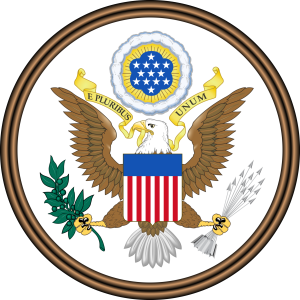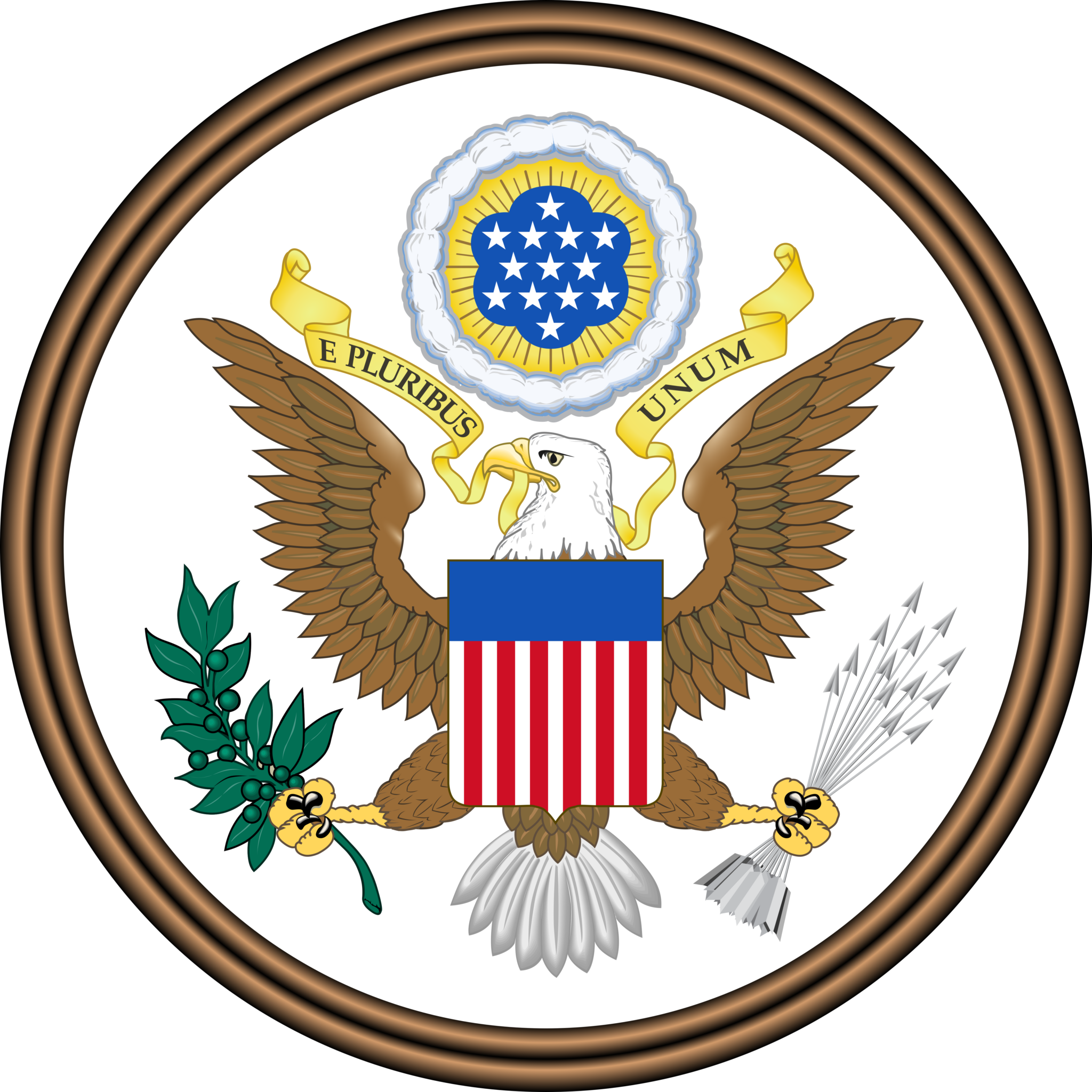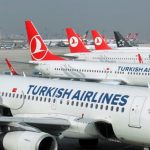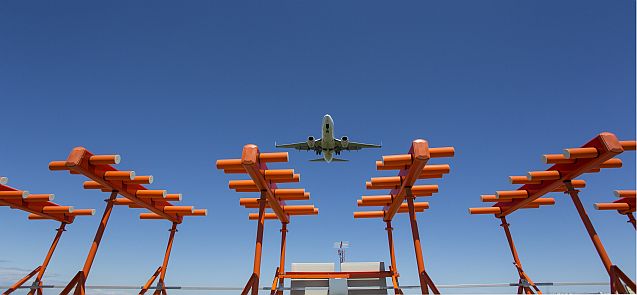
The United States-Nigeria Open Skies Air Transport Agreement, provisionally active since 2000, officially commenced on May 13, 2024. Transitioning into full effect, this bilateral pact signifies a pivotal advancement in fostering a modern civil aviation relationship with Nigeria, aligning with U.S. Open Skies international aviation policy.
Upholding commitments to aviation safety and security, the agreement allows unrestricted capacity and frequency of services and open route rights. It also establishes a liberal charter regime and extensive code-sharing opportunities for air carriers.
Moreover, this accord advances liberalization in Africa’s international civil aviation sector. It strengthens the economic and commercial partnership between the United States and Nigeria.
Facilitating enhanced people-to-people ties, the pact ushers in a wave of fresh opportunities. Additionally, this collaboration enables air carriers to deliver more affordable, convenient, and efficient air services, thereby catalyzing tourism and commerce.
“Increasing aviation connectivity between the United States and Nigeria underscores our commitment,” remarks U.S. Secretary of Transportation. “Moreover, this agreement opens up avenues for enhanced collaboration, benefiting both nations.”
With the U.S.-Nigeria Air Transport Agreement now in full swing, stakeholders anticipate a significant surge in aviation activities, paving the way for sustained economic prosperity and cultural exchange between the two nations.
The United States has pursued “Open Skies” agreements to remove government interference in airline decisions since 1992.
In August 2000, Secretary of Transportation Rodney Slater and Nigerian Minister of Aviation Kema Chikwe signed the Open Skies agreement. Consequently, this agreement facilitates new services in the U.S.-Nigeria aviation market. Signed during President Clinton’s visit to Nigeria on August 26-27, 2000, it liberalizes all-cargo services immediately. It also provides substantial new opportunities for passenger and charter services, phased in over 5 ½ years.
Upon entry into force, the new agreement replaced the 1978 U.S.-Nigeria aviation agreement. Notably, the text was negotiated in Abuja August 7-10, 2000, by delegations led by Special Negotiator Thomas White of the Department of State and Permanent Secretary S. B. Ajulo of the Federal Ministry of Aviation.
Passenger services between the United States and Nigeria have been liberalized. Air carriers from both countries now have unrestricted rights to transport passengers directly between the two countries and through third countries. The agreement eliminated the previous limitations on the number of airlines each government could designate to operate services. It now permits code-sharing with third-country carriers.
The agreement set a transition period ending on March 31, 2006, to allow Nigerian carriers to adjust to the new liberalized aviation regime. Nigerian carriers will benefit from this liberalization immediately.
By March 31, 2006, the agreement fully liberalized charter services. It immediately liberalizes all-cargo services, with open designations, route descriptions, and unrestricted frequencies and service points.






